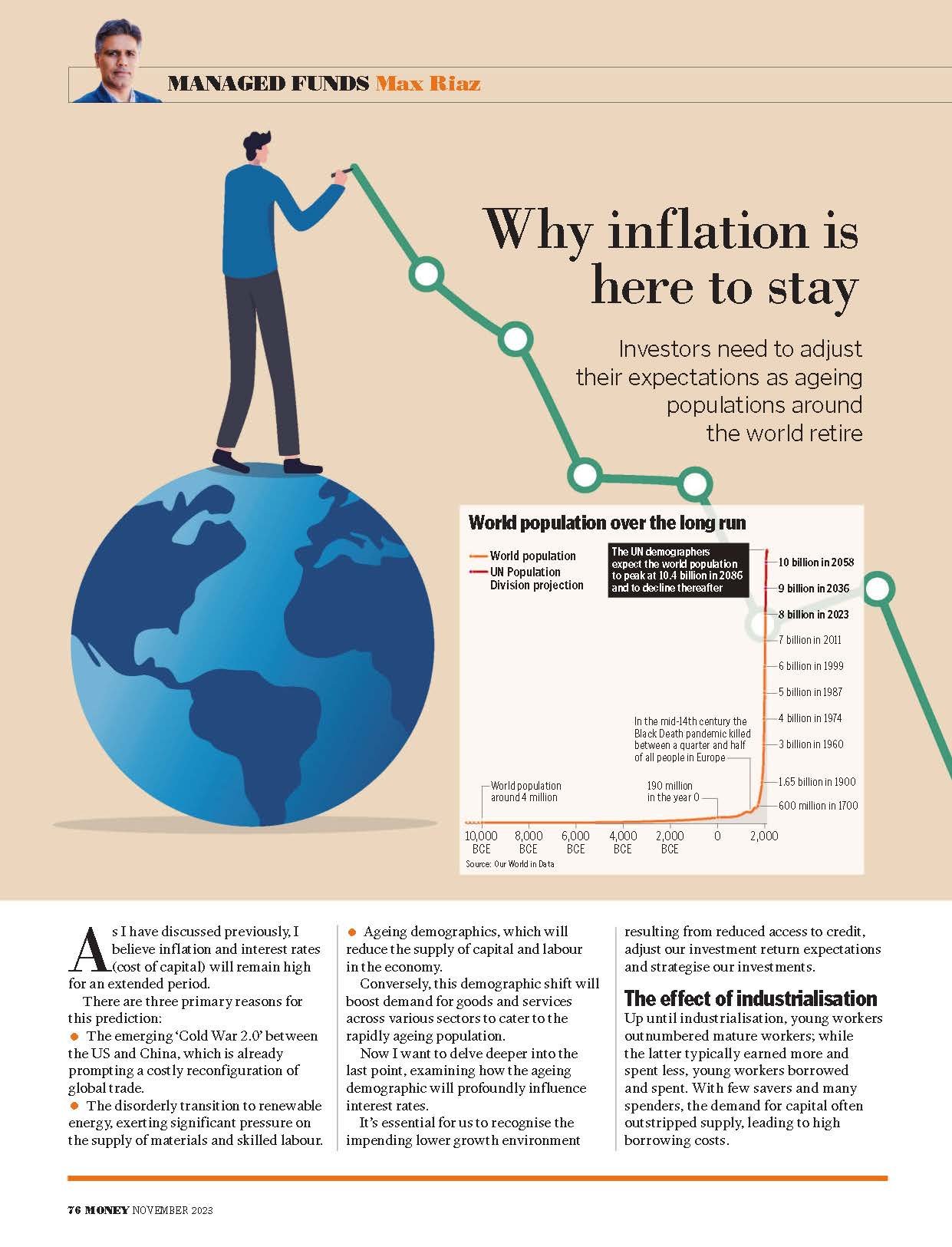Sustainable Investment: Putting their money where their mouth is!
/“Climate change is one of the greatest challenges of our time. It affects how the economy functions and creates new risks on the financial markets. We are now ... rejecting issuers who have a large climate
footprint.”
Sveriges Riksbank, the central bank of Sweden and the oldest central bank in the world showed courage and leadership in recent days with the news that they have sold their holding of the debt issued by the states of Alberta in Canada, Queensland & Western Australia in Australia. These states have the highest per capita carbon foot print in Riksbank’s bond portfolio. The Riksbank divestment is a clear indication that major institutions are beginning to put sustainability ahead of financial returns.
Apart from sustainability issues Riksbank had every reason to continue with these investments as they are higher yielding, high quality semi-government bonds. Late last year, Riksbank decided to include sustainability in its assessment of investments. We believe this move by Riksbank will encourage other major institutions to start putting their sustainability criteria into practice and walk away from committed investments where the issuing sovereigns and semi-governments do not appear to be acting fast enough to move the needle on their impact on climate.
Riksbank has accused Australia and Canada of having a reputation for not doing good climate work. The greenhouse gas emissions per capita in these countries are among the highest in the world with some of their states being far worse than others as is the case with Queensland and Western Australia. Canada and Australia have a dubious distinction of being counted amongst the top twenty worst greenhouse gas emitters in the world as illustrated by the chart above.
We know that central bankers tend to sip tea and break bread together and increasingly confer with each other on all things central banking and policies. They write papers together on economic matters, meet each other at conferences, and send staff on secondments to each other’s institution. Suffice to say the central banks of developed countries are increasingly more integrated in their approach to tackling major economic issues and social issues. Quantitative easing is a classic example as a policy tool widely used by central banks of developed countries after they became confident seeing the U.S. Federal Reserve effectively use it as a tool to tackle its economic crisis.
So, when the oldest central bank in the world comes out scathing of its assessment of the sustainability credentials of Australia and Canada we can be sure that it is only a matter of time when other central banks start to find courage and follow suit to tackle what is increasingly becoming the crisis of climate change. Remember, central banks are one of the largest buyers of sovereign bonds, particularly since the Global Financial Crisis, and helped to reduce the cost of capital of the same. The trend in the opposite direction due to sustainability concerns could put upward pressure on the cost of capital for issuing sovereigns who don’t take measurable and significant steps to reduce their impact on climate. Prior to this divestment, Riksbank had 8% of its foreign exchange reserves invested in Canadian and Australian semi-government bonds which is not an insignificant amount. Riksbank will continue investing in bonds of other States of Australia for now!

































